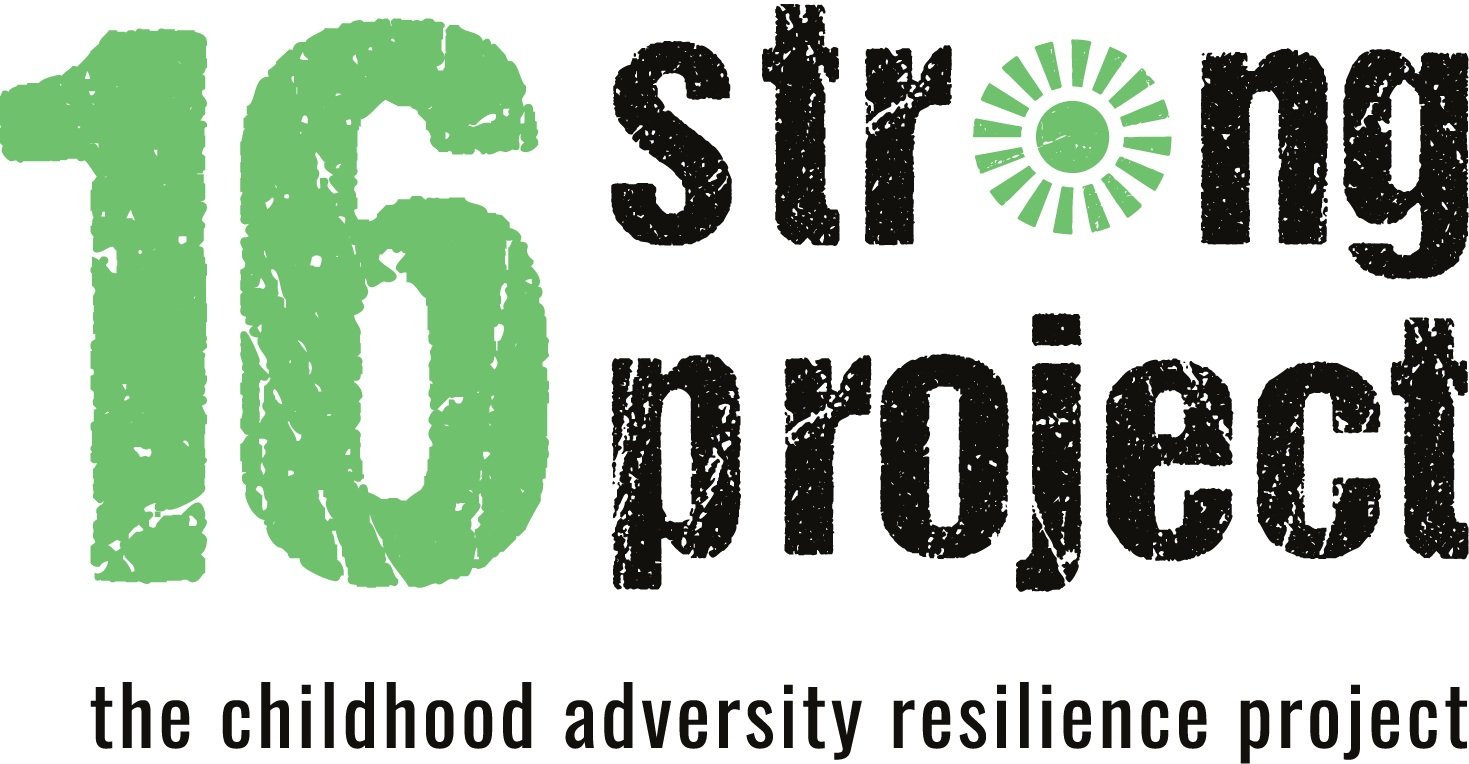So, why does it matter?
Adverse childhood experiences are the number one unaddressed public health issue facing our nation’s youth.
Unresolved trauma can result in long lasting physical, emotional, mental, social and cognitive issues. It is important to note that ACEs are NOT destiny. With positive coping skills and strong support systems, these negative impacts can often be avoided or mitigated.
Common Responses to Trauma:
Antisocial behavior
Depression / suicidal thoughts
Absenteeism
Acting like a parent to siblings
Eating disorders
Dating violence
Substance abuse
Relationship problems
Physical complaints
Behavior problems
Guilt feelings
Depression
Stress
Anxiety
Emotional Effects:
Inability to process emotions through language
Diminished capacity for empathy
Hypersensitivity to trauma in others
Diminished range of emotions
Terror or rage
Feelings of worthlessness and shame
Bad memories
Recurring outbreaks
Disassociation
Traumatic identity: core identity is shattered by trauma so that the child assumes either a victim or aggressor identity
Source: Centers for Disease Control and Prevention
Social Effects:
Isolation
Joining of a deviant peer group
Extreme reactions of terror or rage
Diminished empathy limiting social connections
Survival mode restricts motivation to be social
Avoidance restricts capacity to connect to others
Diminished language restricts social accountability
Traumatic identity leads to persistent victim or aggressor behavior
Physical Effects may lead to:
Headaches
Digestive disorders
Respiratory disorders
Injury
Chronic disease
Autoimmune disorders
Other psychosomatic illnesses
Muscle tension
Aching joints
Clumsiness
Altered spacial awareness

